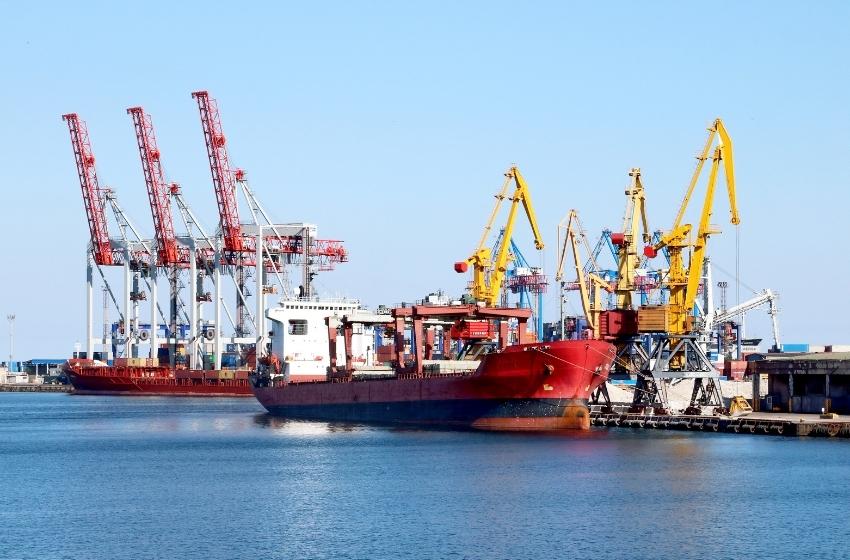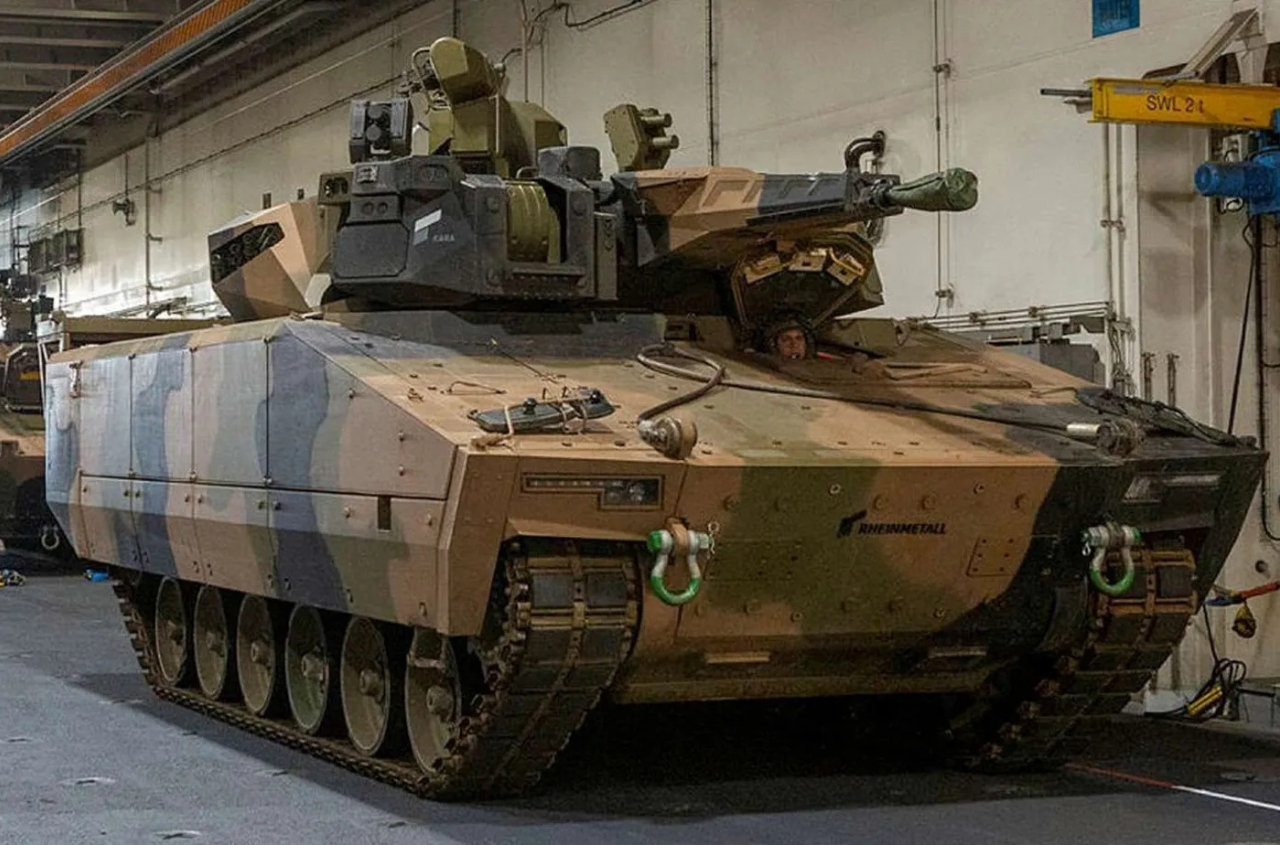Russian dictator Putin agreed to sign an agreement on exporting Ukrainian grain from the Black Sea ports, deciding not to aggravate the situation.
Political scientist Vladimir Fesenko expressed this opinion to Channel 24.
According to him, Putin recently threatened to stop gas supplies to Europe, thereby declaring an energy war. As for the food war, he cannot declare it because of the lack of dependence there. Fesenko stressed that it is important for a dictator to look good in front of the countries of Asia and Africa.
"There are also Putin's geopolitical games here. However, the main thing is that he is not ready to risk everything now. He is not ready to aggravate the situation to provoke a total crisis in the world," the political scientist explained.
Fesenko also explains Putin's unwillingness to open conflict with the West by the unstable internal situation in Russia.
“In this sense, the good news is that Putin still has certain rationality. This means that you can put pressure on him. With some, perhaps, an exception, but in such a way as to force him to an agreement,†Vladimir Fesenko said.
"This is how we force Putin on the battlefield to make so-called "goodwill gestures" - near Kyiv, near the Snake Island. This is not just happening but under pressure from Ukrainian troops. Putin cannot hold some territories, so he is forced to retreat," - added the political scientist.
The expert also called the signing of an agreement on the export of grain a forced "gesture of goodwill", since otherwise, it would be worse for the Russians.
On July 22, 2022, Ukraine, Turkey, Russia and the UN signed the Istanbul Agreement to export grain from Ukrainian ports. The Minister of Infrastructure of Ukraine Oleksandr Kubrakov, the Minister of Defense of Turkey, UN Secretary-General Guterres put their signatures under the document. From Russia, the head of the Ministry of Defense, Sergei Shoigu, acted as a signatory.
Grain export will be carried out from the ports of Odessa, Chernomorsk, and Yuzhny.
The term of the agreement is 120 days with the possibility of extension.
Military escort of cargo is not provided.
Vessels that go to Ukraine will be inspected for the presence of weapons, and representatives of the Russian Federation are also involved.
The Ukrainian and Russian military approved the export routes.





















